From waste to returns: Organic waste platforms are gaining traction with PE and strategic investors
19 August 2025 — Organic waste is attracting PE and strategic capital as a circular platform, but scaling returns depends on navigating feedstock risk, mandate-led demand, and platform flexibility.
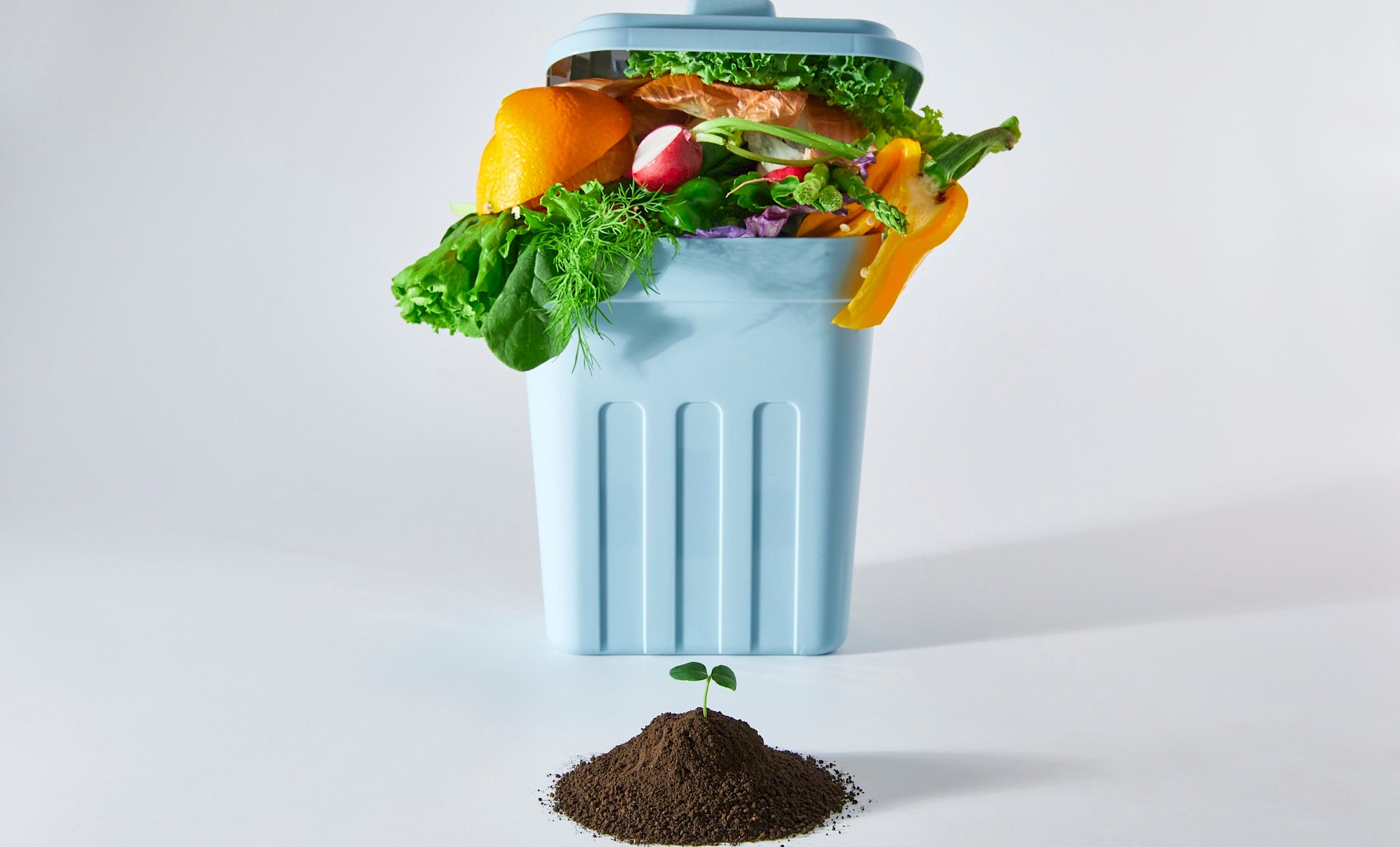
Download this post (PDF)
Organic waste is gaining traction as a scalable, cross-sector feedstock
Organic waste, from food scraps and livestock manure to industrial residues and used oils, is no longer just a disposal problem. It's becoming a key input for producing high-value products such as biofuels, biogas, fertilizers, and renewable chemicals. This shift is driven by growing pressure to decarbonize, reduce landfill reliance, and close resource loops across sectors.
Governments are pushing this trend with strong policy support. Both EU and Korea have expanded biogas and biofuel targets, while strengthening circular economy strategies. Meanwhile, maturing processing technologies including biochemical, thermochemical, and lipid conversion are unlocking diverse pathways to high-value outputs. The result is growing relevance across sectors – energy, transport, agriculture, and advanced materials – setting the stage for more integrated, scalable waste-to-value strategies.
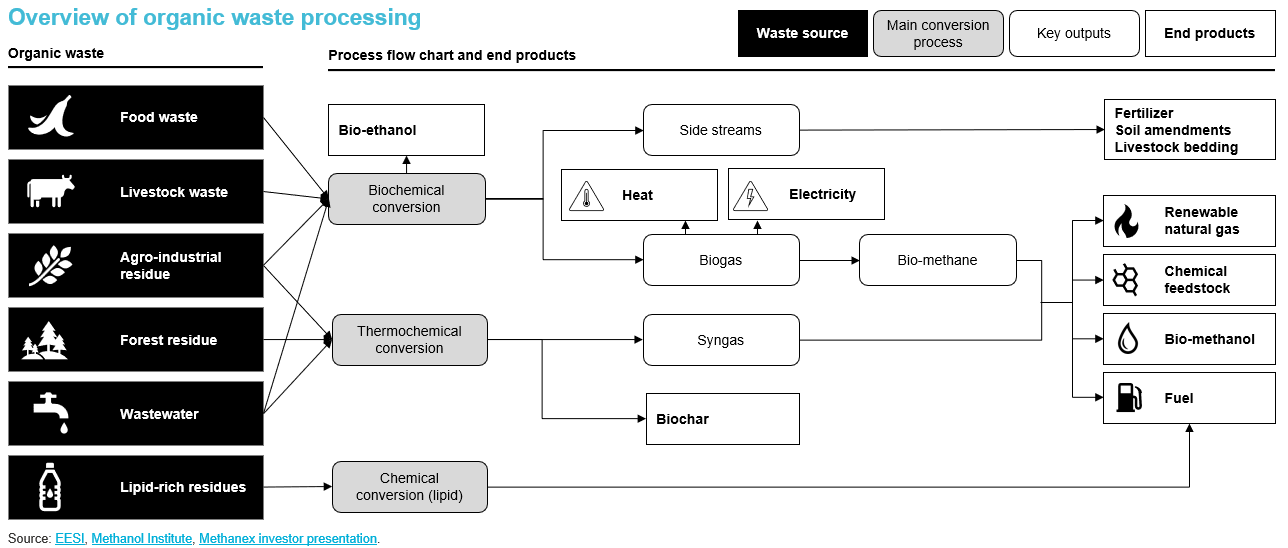
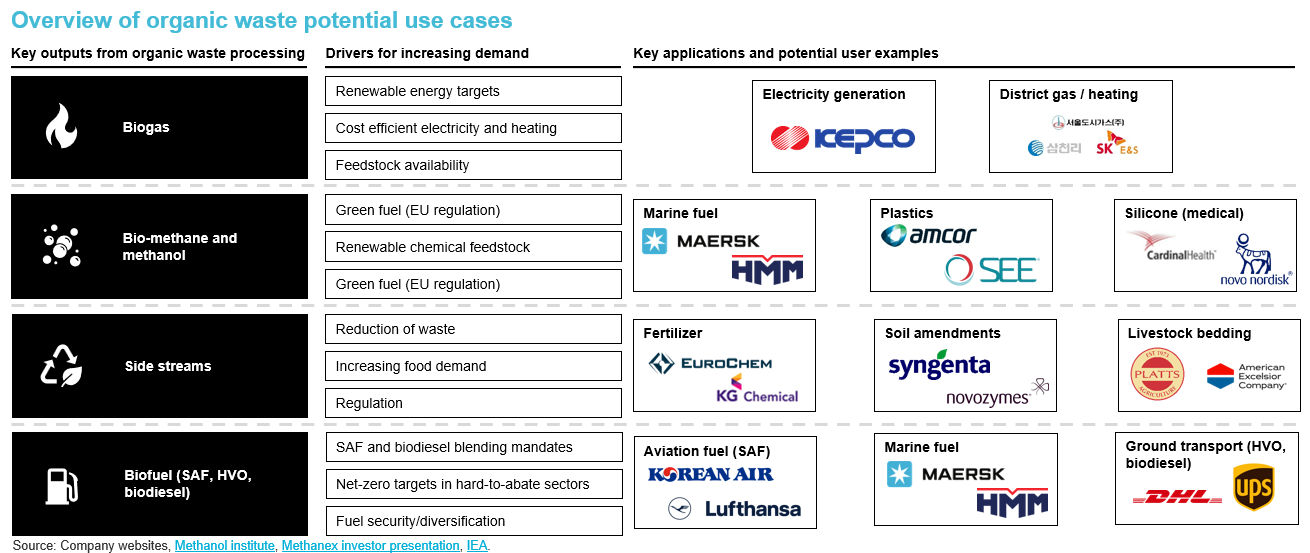
Despite strong policy signals, structural challenges still shape how scale can be achieved
Core inputs like UCO are supply-constrained and imported, often with traceability concerns. Other feedstocks like food and manure are fragmented, under-utilized, or logistically costly to collect. Policy continues to drive growth, while commercial demand from end-users' lags, weakening long-term offtake security. Capex-heavy infrastructure and limited affordable renewable electricity also make supply slow to respond to mandate or subsidy shifts. Winning platforms will secure diverse feedstock and remain flexible in output to ride policy waves while building real demand pull.
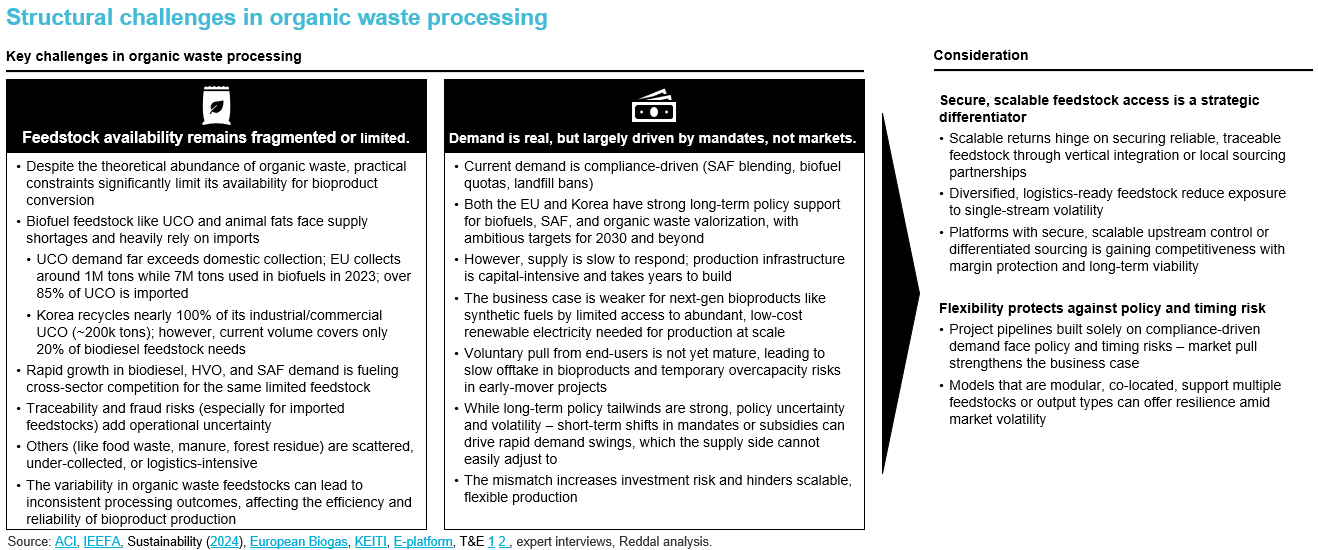
Recent exits in organic waste processing validate 2-3x return potential; investment is picking up in Europe and Korea, while returns hinge on platform strategy and timing
In Europe, large circular waste platforms like Urbaser and Renewi are attracting infrastructure and PE funds. Korea is showing momentum through traditional and biofuel-linked investments; Daekyung O&T’s exit (2.75x return) with SK’s SAF play demonstrates rising interest in integrated biofuel assets. These exits validate short to mid-term potential, but success depends on investor ability to time market entry, scale flexibly, and integrate across feedstock and output pathways.
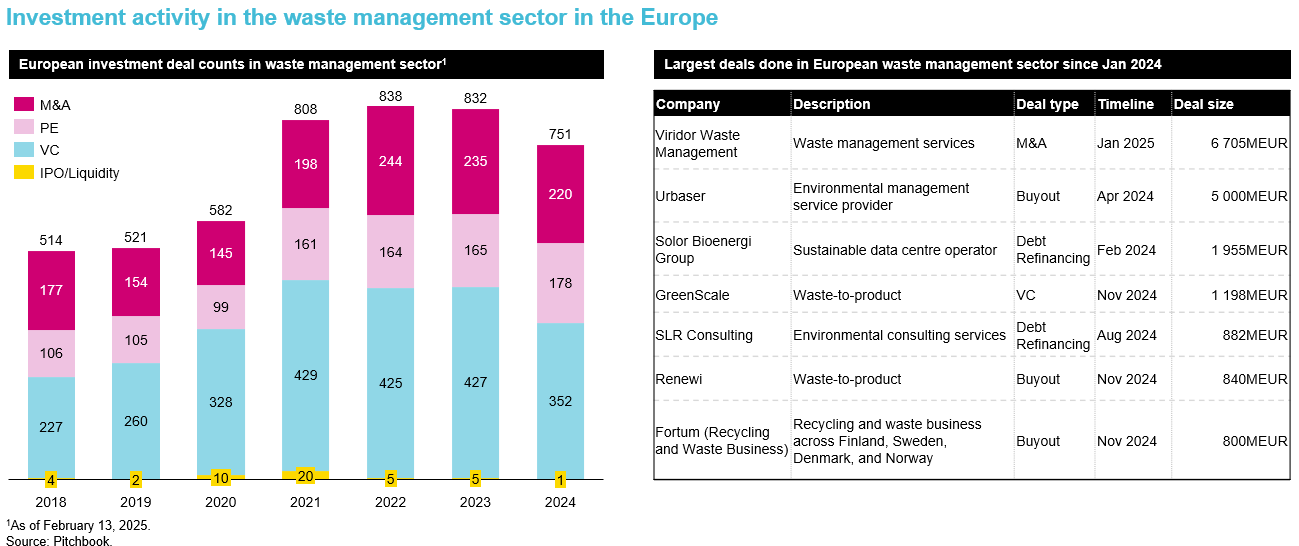
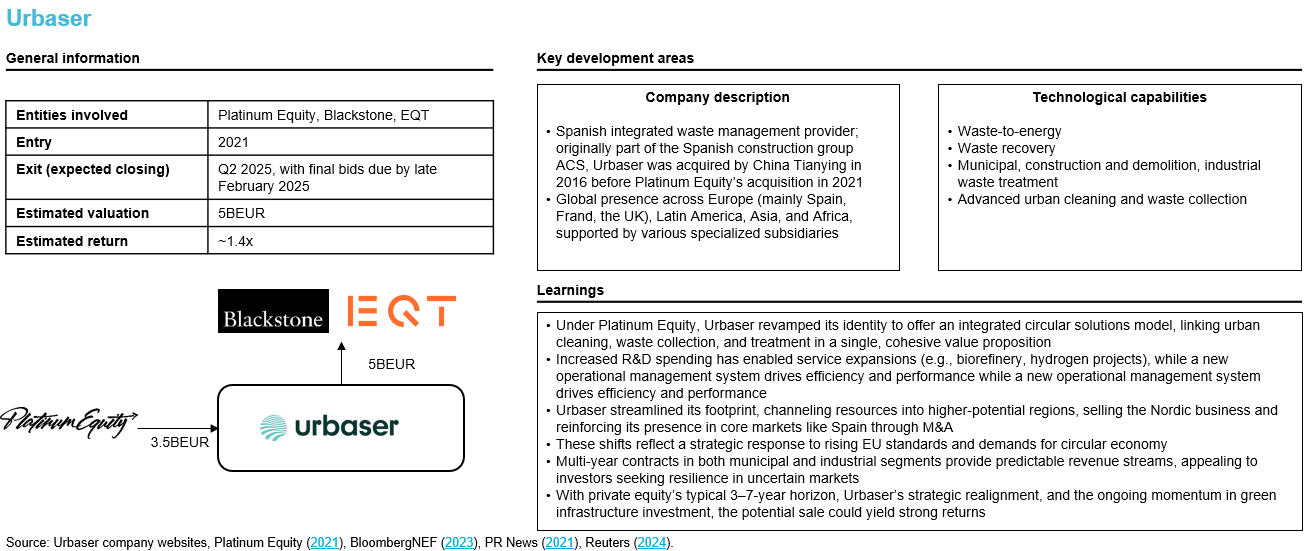
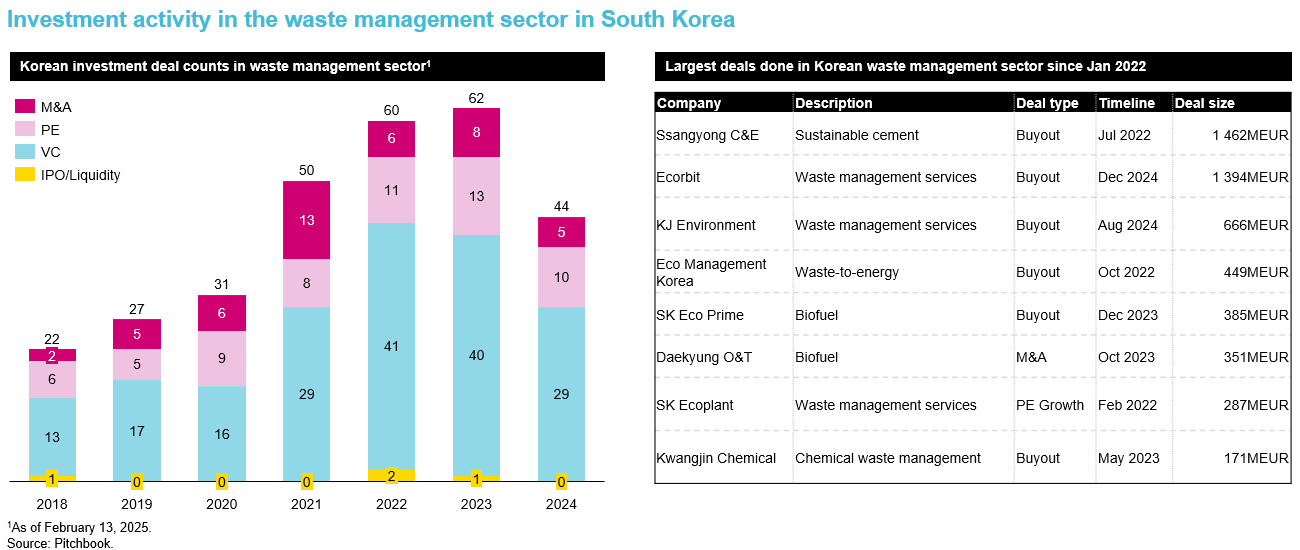
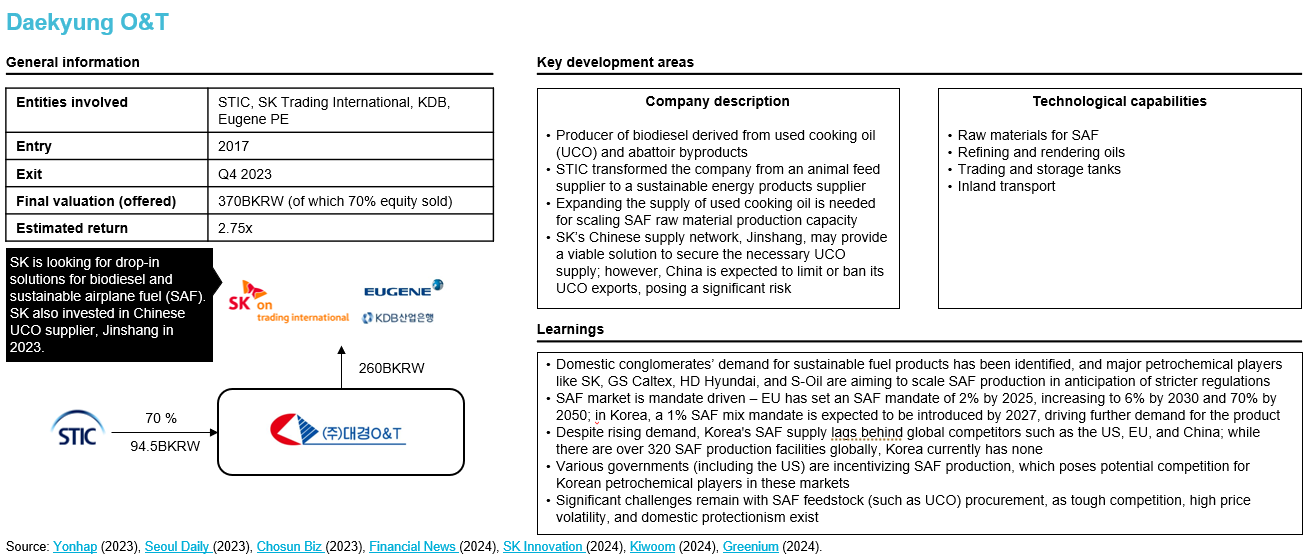
The future of organic waste platforms will be defined not only by technology or regulation, but by who can turn fragmented inputs into integrated, scalable value chains, and deliver returns in an evolving policy landscape.
Tags
Sustainability management, Circular economy, European markets, South Korean market, Waste management, Organic waste











